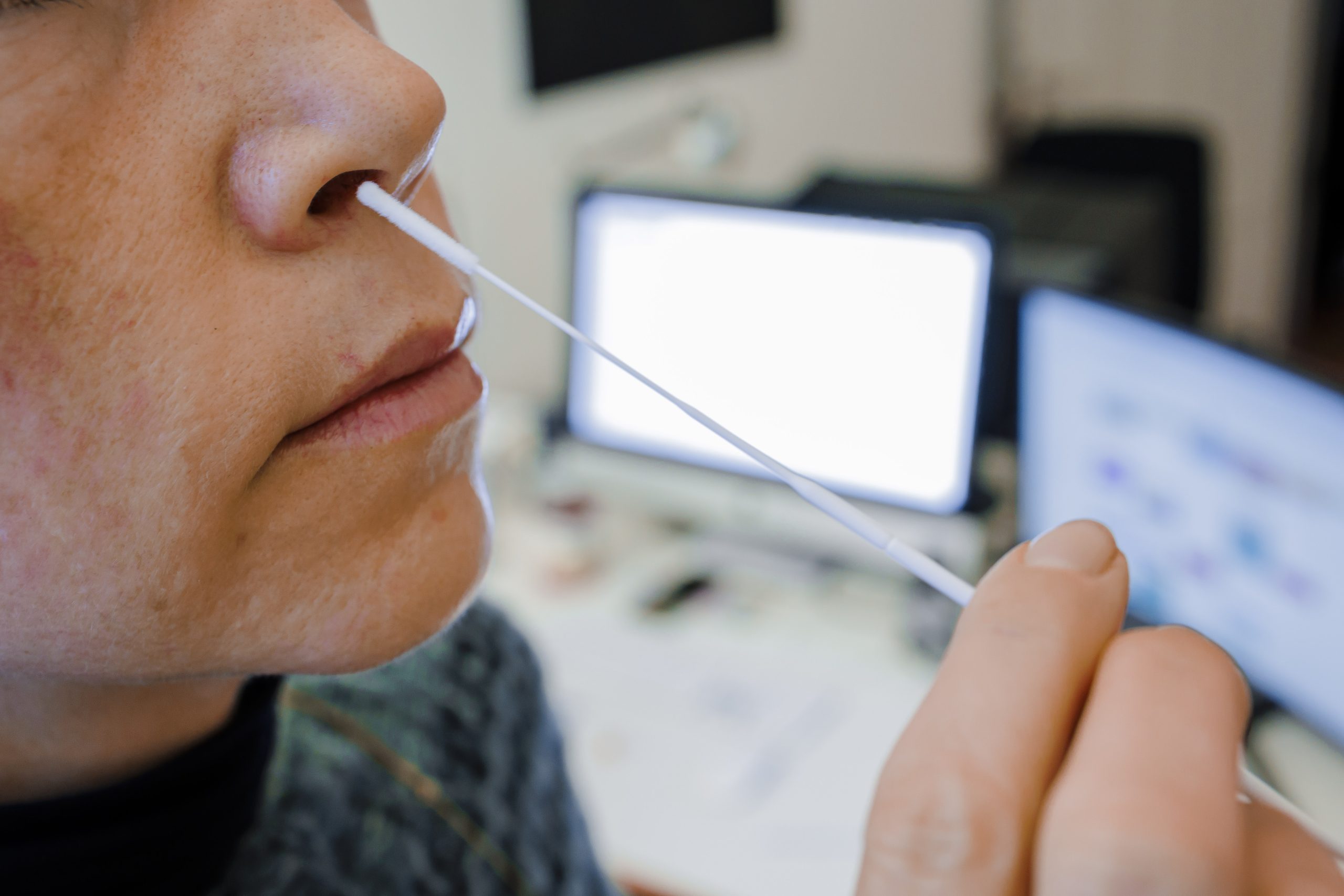Although the loss of smell and taste became cardinal symptoms of COVID-19 early in the pandemic, researchers are still working out why that happens—is the virus directly infecting and destroying the cells responsible for these critical senses, or is it collateral damage from our immune systems fighting off the invading foe?
According to a postmortem study out this week in JAMA Neurology, it's the latter. The study—which dove deep into the noses, nerves, and brains of 23 people who died of COVID-19—is the most detailed look at the coronavirus's effects on our sniffers. Researchers concluded that inflammation—not the virus—is behind the loss of smell and taste during a bout of COVID-19, which is good news in some ways. It suggests that treatments with anti-inflammatory drugs could prevent severe or long-term damage to those critical senses.
The finding follows a mix of data on the effects of SARS-CoV-2 on our sense of smell. Some data suggested that the virus can infect the nerves that carry smell signals to the brain—olfactory neurons. Thus, the lost senses could be caused by direct infections. But others found that the virus wasn't present in those neurons at death.
For the new study, researchers led by pathologist Cheng-Ying Ho of Johns Hopkins University closely examined olfactory tissue from 23 patients who died with COVID-19—nine of whom had completely or partially lost senses of smell and taste. Specifically, the researchers examined olfactory neurons in the nasal mucosa, blood vessels, and the number of olfactory axons—which are parts of neurons that transmit electrical signals—in each patient. They also examined injuries to the olfactory bulb, the part of the brain where smell signals are received, and determined whether SARS-CoV-2 was present or not.
They compared the findings to those from 14 people who died of other causes and were not infected with COVID-19 and did not have any loss of smell or taste.


